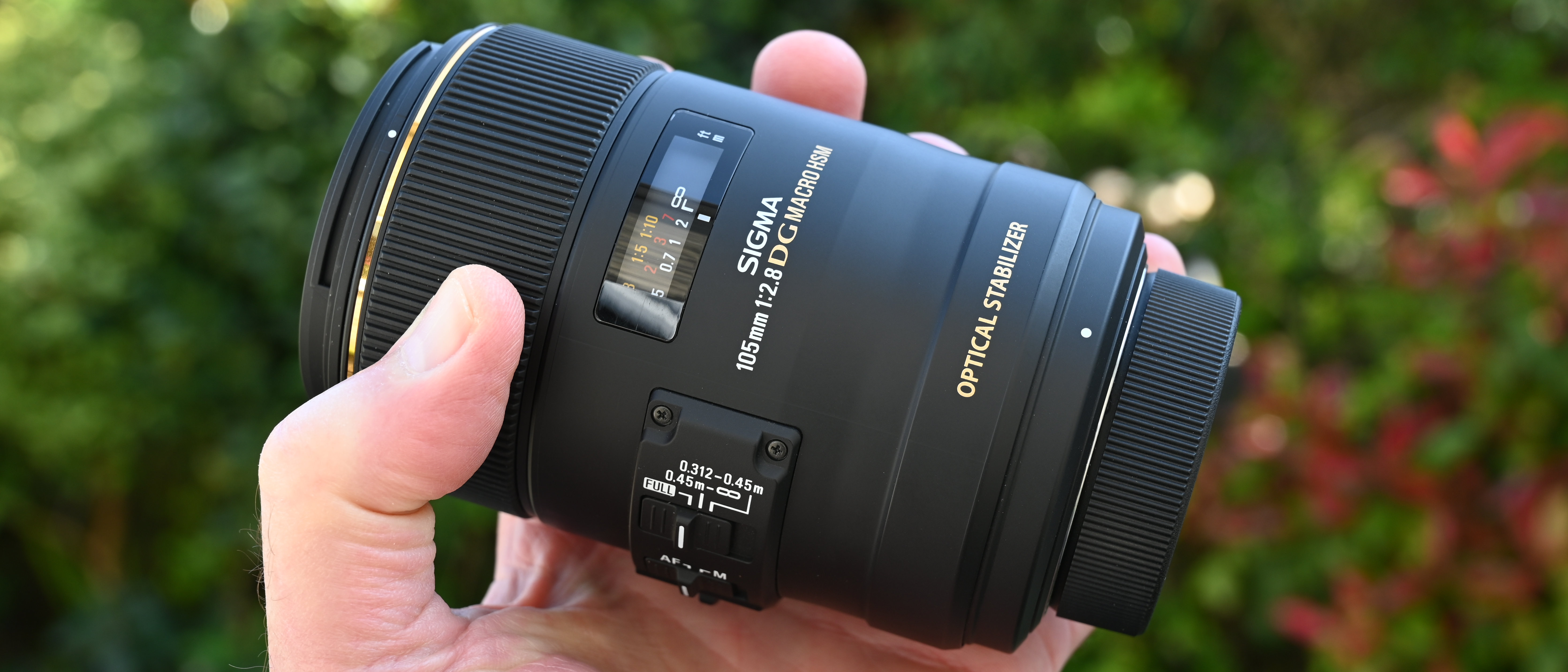DJI Neo v DJI Mini 4K – cheap, powerful drones, but what's the difference?
The DJI Neo is DJI's cheapest drone, but there are some great deals on the Mini 4K. They've both got 4K cameras, so which should you get? It depends...
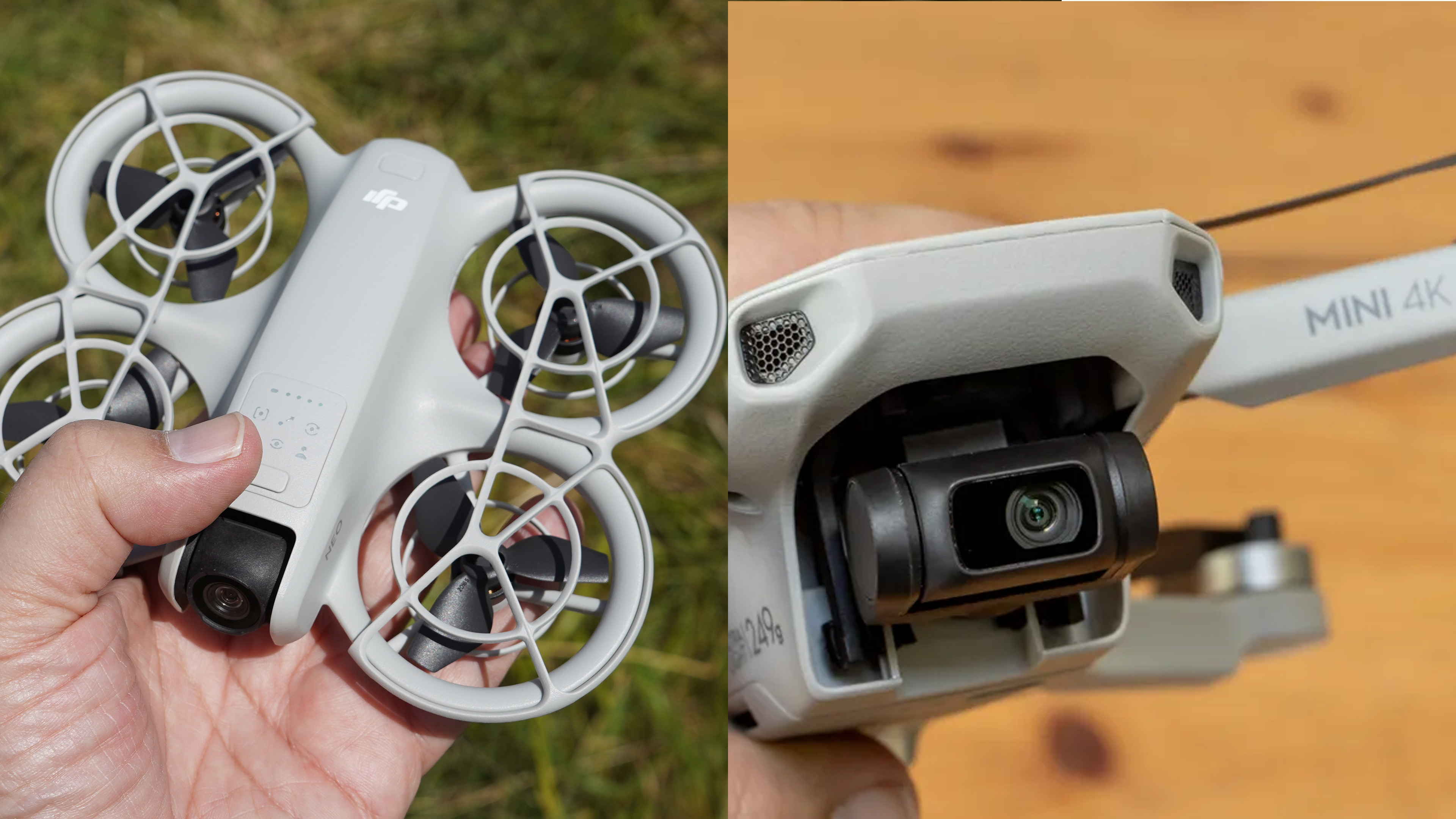
We've seen some great prices on DJI's still very new budget Mini 4K drone – but now there is also the even cheaper, but different-looking DJI Neo to consider. Both have 4K cameras, but they're not the same, so which is the right choice for you – or to give as a gift?
As someone who has flown both drones, I'd say that actually it's not as tricky a decision as you might think. Those very different designs highlight the very different purposes of the two drones (both are among my favourite choices as best drones for kids right now). Let me explain right after the latest deals...
DJI Neo Deals
DJI Mini 4K Deals
Design difference
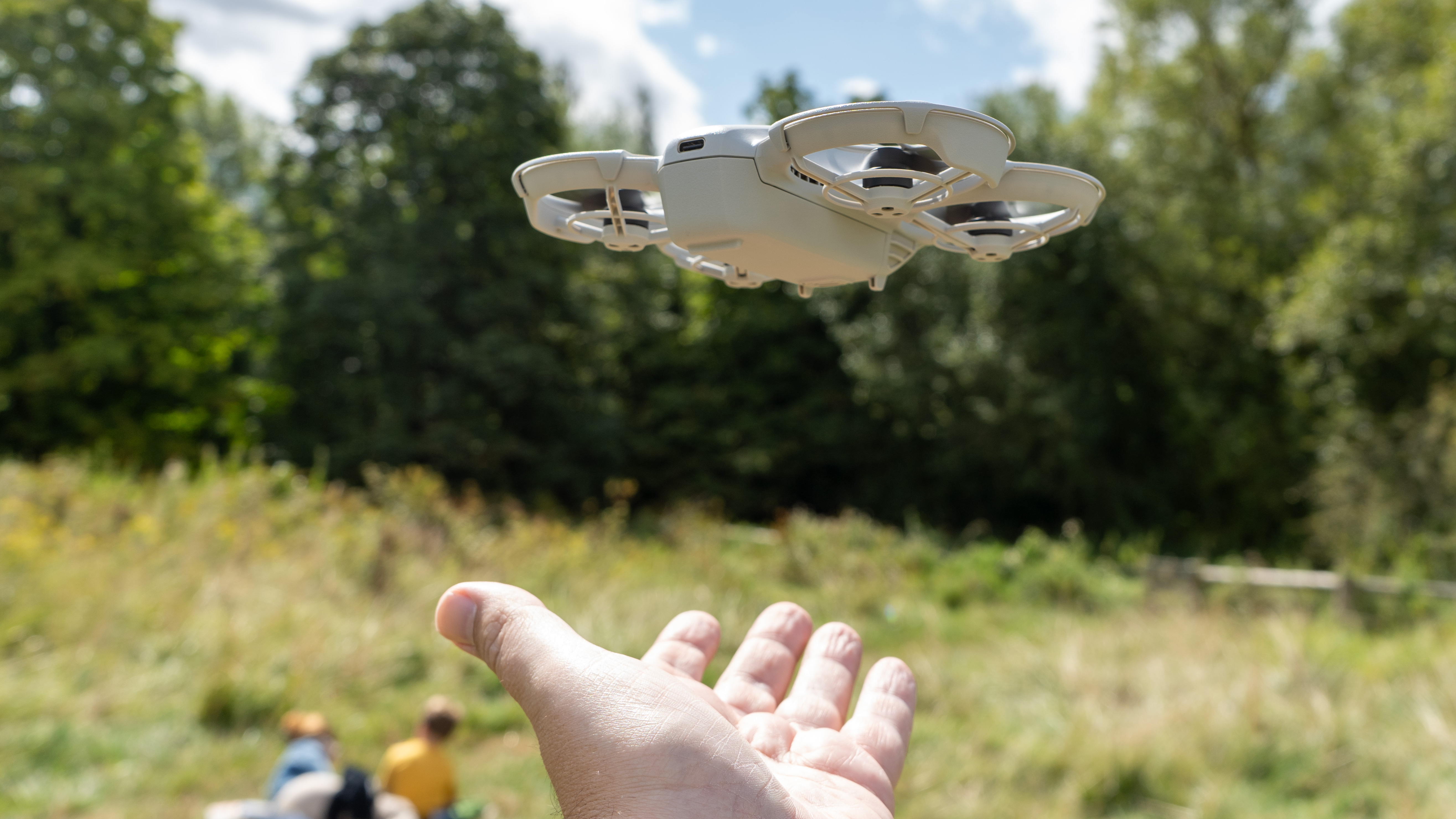
Built for safety
Optional FPV
AI-person tracking
Hand Launched
130g
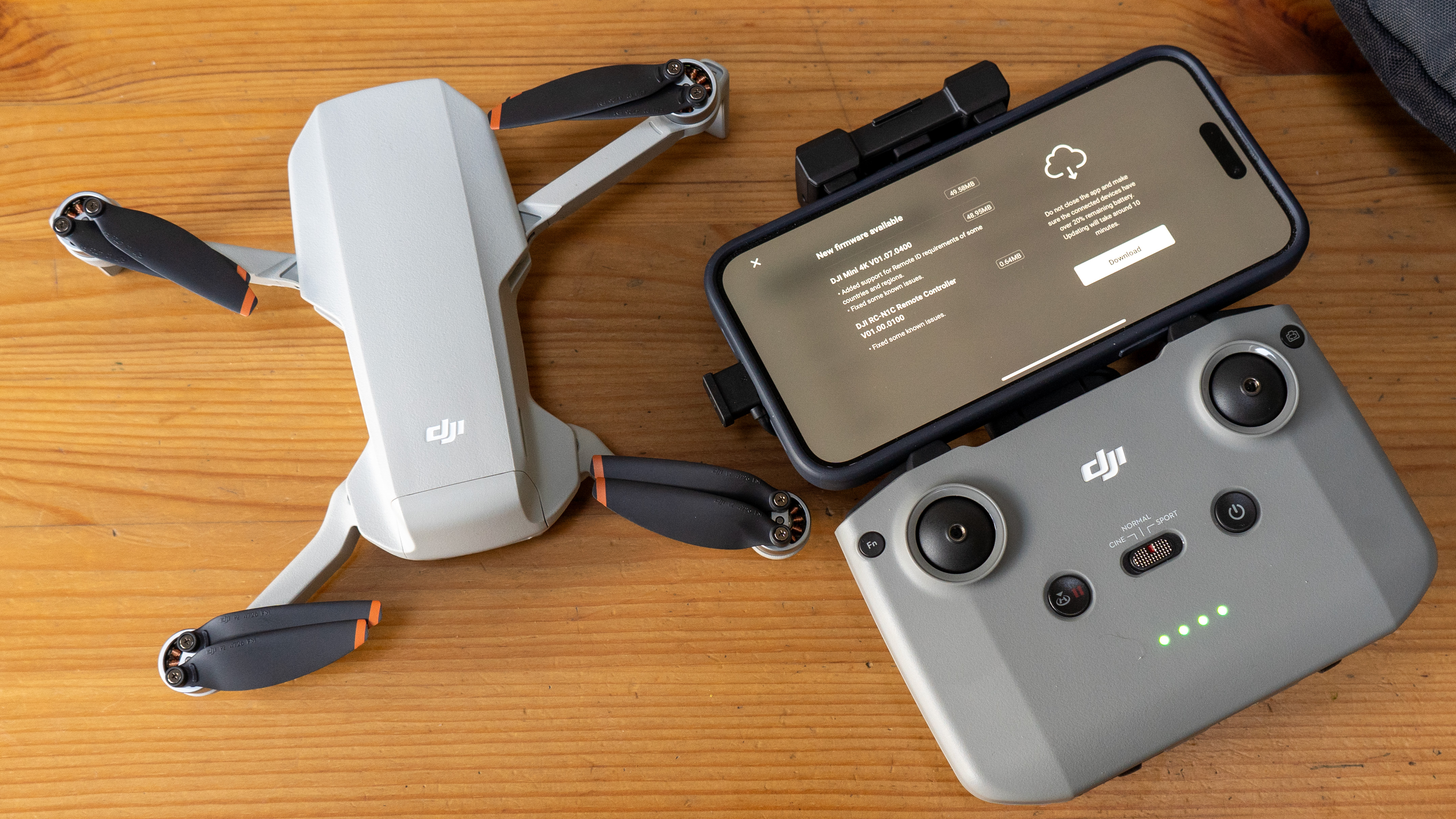
Built to fly in higher winds
Better for photography/video
Remote control as standard
249g (8oz)
The choice between the two drones is summed up in the designs. The Mini 4K is a relatively traditional design, by the standards of modern drones, with a folding frame and arms which pop out when you're ready to fly. You control it with a remote control and use your phone as a screen. DJI's excellent radio controller has great range, and relies on using an Android or iOS phone (older or newer connector – both wires are in the box). Video is recorded to a MicroSD card, which should a familiar process to most photographers, though there is a wireless transfer process to the app available.
The Mini 4K drone is built right up to the weight limit (250g), above which drones need to be registered.
The DJI Neo, however, is a newer concept, seemingly inspired by a drone I tested called the HoverAir X1 (but cheaper, and more flexible). The weight is well under that limit, which means it's a little more susceptible to gusts, but is even safer. The 'cage' design also makes it nearly impossible to get fingers to the rotating propellors, which makes it very child-friendly. This comes at the expense of flight time.
The real difference, though is that there is no controller, as such. Not in the box, anyway. You can certainly upgrade, but by default the drone is launched from your hand and follows you in different ways using its camera and AI. Great for quick videos of action and fun.
Expandability
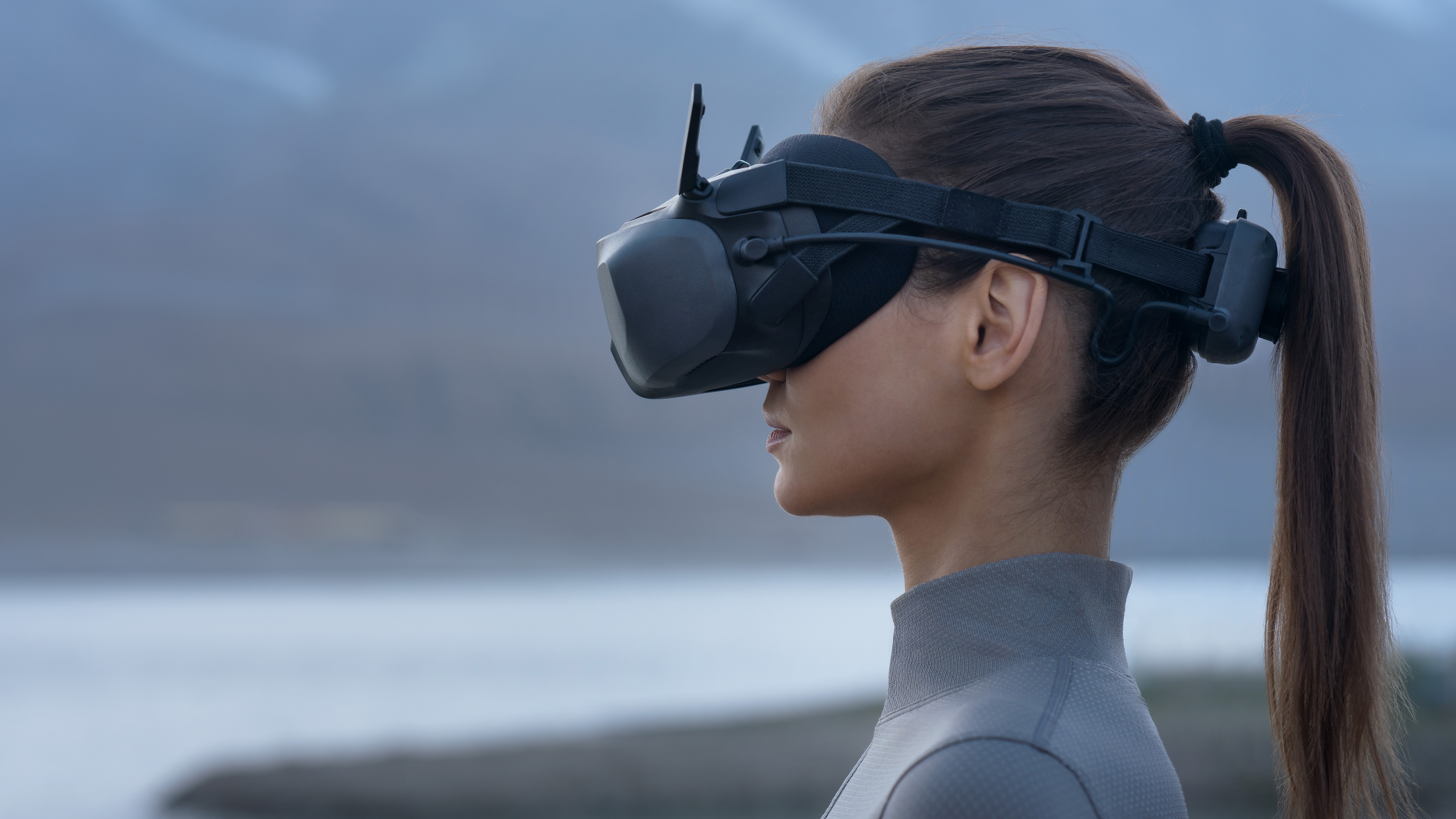
This is the big difference. The Neo is not jsut about what the drone in the box does because the drone in the box is controlled only by a phone or, to be honest, once you've set it up, just from hand launch. The Neo is either about that AI tracking; you launch it from your hand and have it follow you – brilliant for low-effort super-impressive selfie clips – or have a bit of involvement piloting with your phone but it doesn't stop there...
You can expand the Neo into an FPV drone with a choice of controllers and with either DJI Goggles 3 (which I tested with the high-end Avata 2 FPV drone) or the rather more accessible priced DJI Goggles N3. FPV is growing in popularity, and is now cheaper to get started with than a games console despite being a real-life outdoor activity (with the potential for serious work in the movies).
By contrast, you do at least get a proper controller for the Mini 4K in the box, and that is (for the most part) how you interact with the drone. It does have some smart AI tracking features, but you need the controller to initiate them. This is more 'traditional' (but, to be fair, also slightly smoother and better when it comes to the purity of video.
Overall
Personally, I'd say that if you were looking for the ultimate drone gift, the drone to get is the DJI Neo Motion Fly More Combo – it's got the goggles and the Neo in one box (and enough batteries so you can experience everything the drone world has to offer). That's a bit of a jump though. On it's own the Neo is great, but it's literally a more lightweight proposition; not a bad thing in the drone world (it can be safer), and the AI tracking is very smart (up to a point), but it's more family, fun & social orientated.
If you're more interested in getting the best photo and video you can at the lower end of spending, then the Mini 4K is still the better choice – it even has RAW photo shooting.
• See my full review of the DJI Neo with sample videos
• See my full review of the DJI Mini 4K with sample videos
Key differences
DJI Neo
- ✅ Great for families
- ✅ After setup, you don't even need a phone to use it
- ✅ Option to add FPV goggles and controllers
- ❌ Low weight is safe, but not ideal in high wind
DJI Mini 4K
- ✅ Great for photographers & video makers
- ✅ Long battery life
- ✅ RAW photos
- ❌ Propellors exposed in flight
Check out our guides to the best camera drones, and to the best cheap drones
Get the Digital Camera World Newsletter
The best camera deals, reviews, product advice, and unmissable photography news, direct to your inbox!

With over 20 years of expertise as a tech journalist, Adam brings a wealth of knowledge across a vast number of product categories, including timelapse cameras, home security cameras, NVR cameras, photography books, webcams, 3D printers and 3D scanners, borescopes, radar detectors… and, above all, drones.
Adam is our resident expert on all aspects of camera drones and drone photography, from buying guides on the best choices for aerial photographers of all ability levels to the latest rules and regulations on piloting drones.
He is the author of a number of books including The Complete Guide to Drones, The Smart Smart Home Handbook, 101 Tips for DSLR Video and The Drone Pilot's Handbook.
